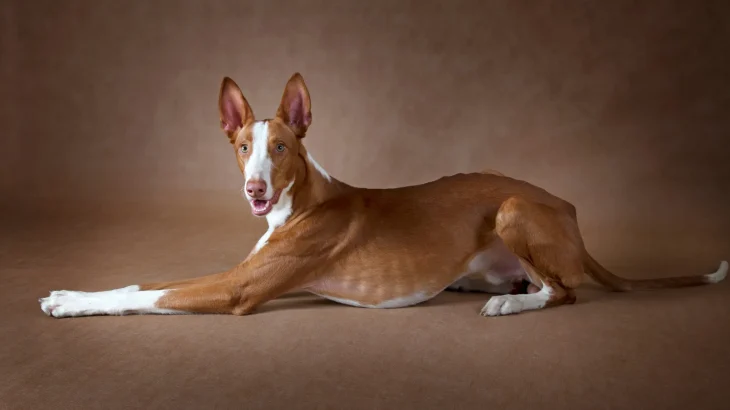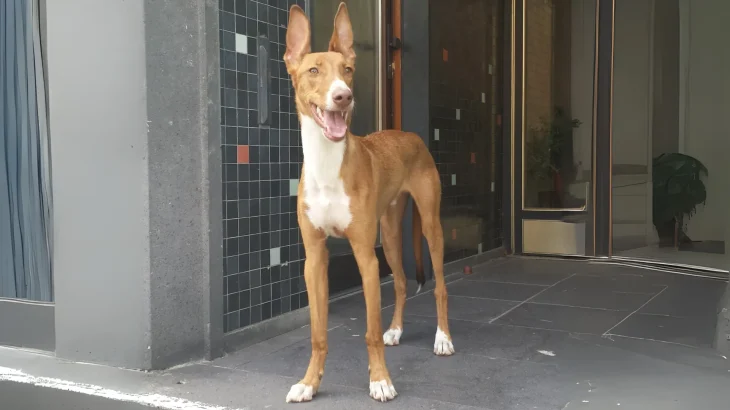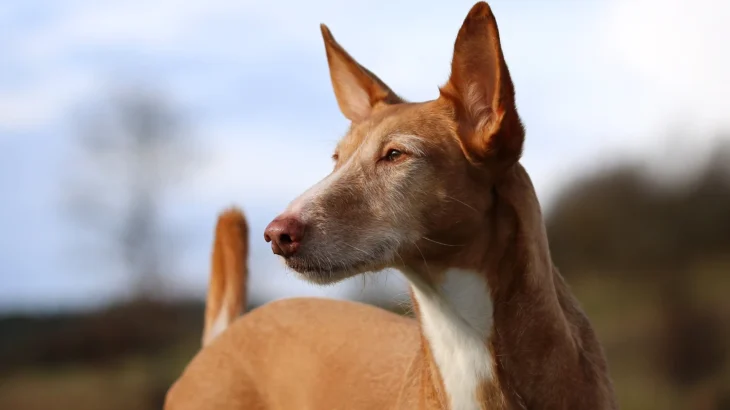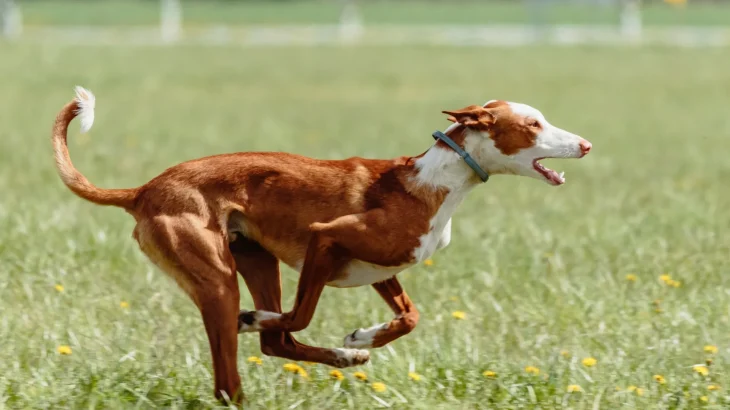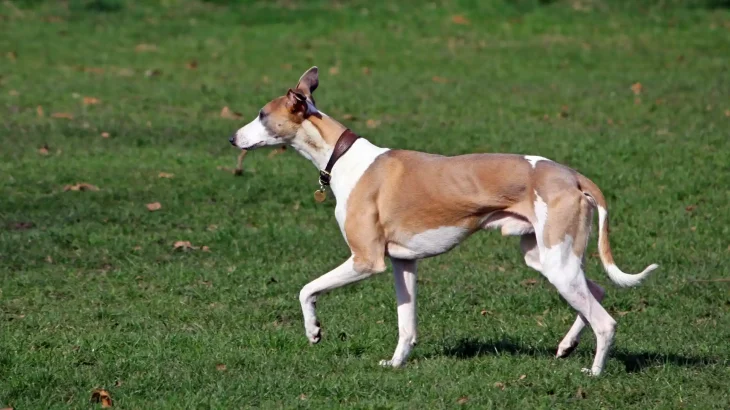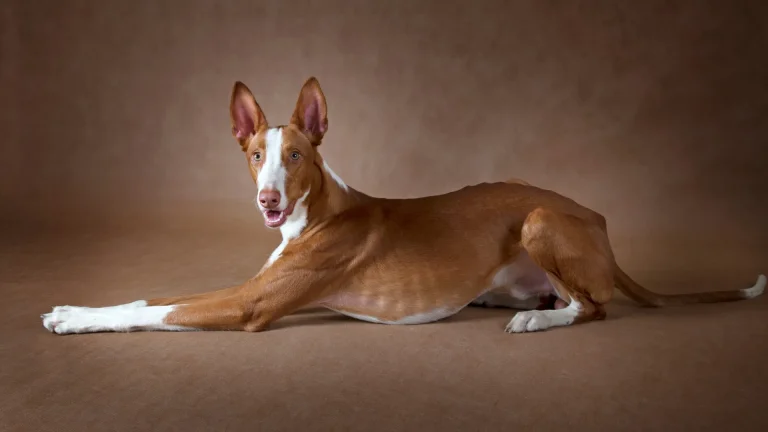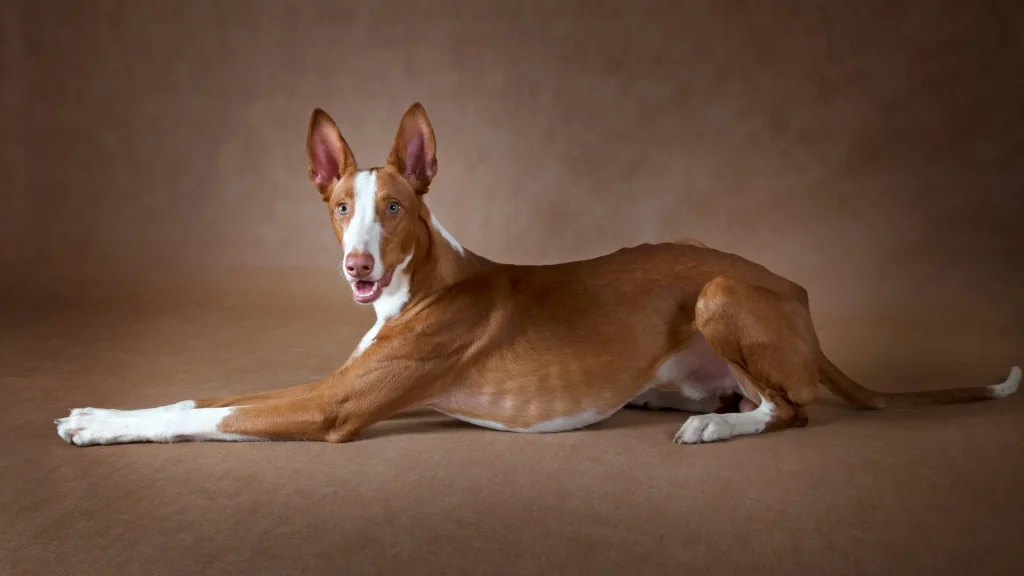When deciding whether to get an Ibizan Hound puppy, you might consider adopting or purchasing from a breeder. Adoption helps provide a home to a dog in need, while buying from a reputable breeder offers health transparency and breed-specific insights. Both options have unique advantages depending on your priorities and circumstances.
| Criteria | Buying from Breeder | Adopting from Shelter/Rescue |
|---|---|---|
| Cost | Typically higher purchase price; breeders may charge $1,000 or more. | Usually lower fees, often $50-$300, which may include vaccinations and spay/neuter. |
| Health History | Detailed records and health screenings are generally provided. | Health history can be limited or unknown; basic health checks are performed. |
| Age Availability | Primarily young puppies, allowing early bonding and training. | Varies widely; can include puppies, adults, or seniors needing homes. |
| Temperament Insight | Breeders can share details on lineage temperament and socialization. | Adopters rely on shelter observations, which may be limited or incomplete. |
| Supporting Practices | Supports responsible breeding if breeder is ethical and reputable. | Supports animal welfare by rescuing dogs in need. |
| Ethical Considerations | Must ensure breeder does not practice puppy mills or unethical breeding. | Adoption actively reduces the number of homeless dogs. |

